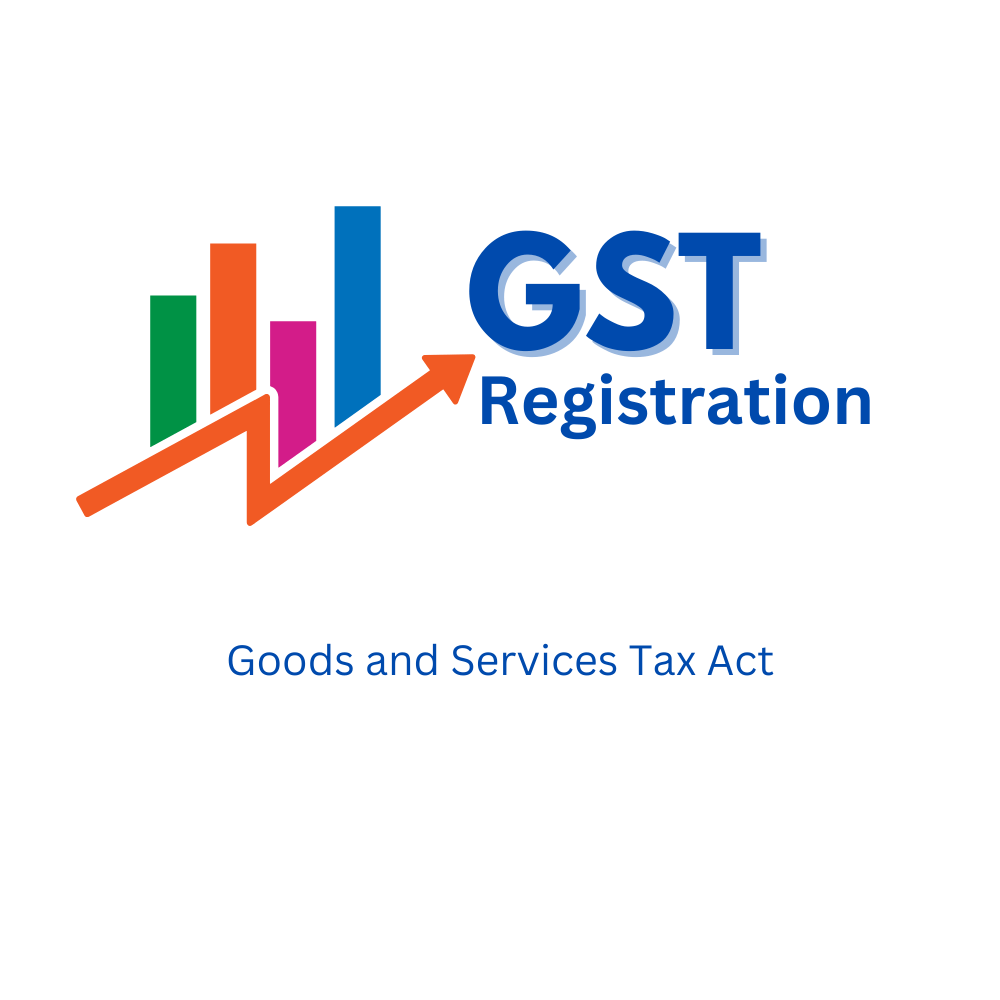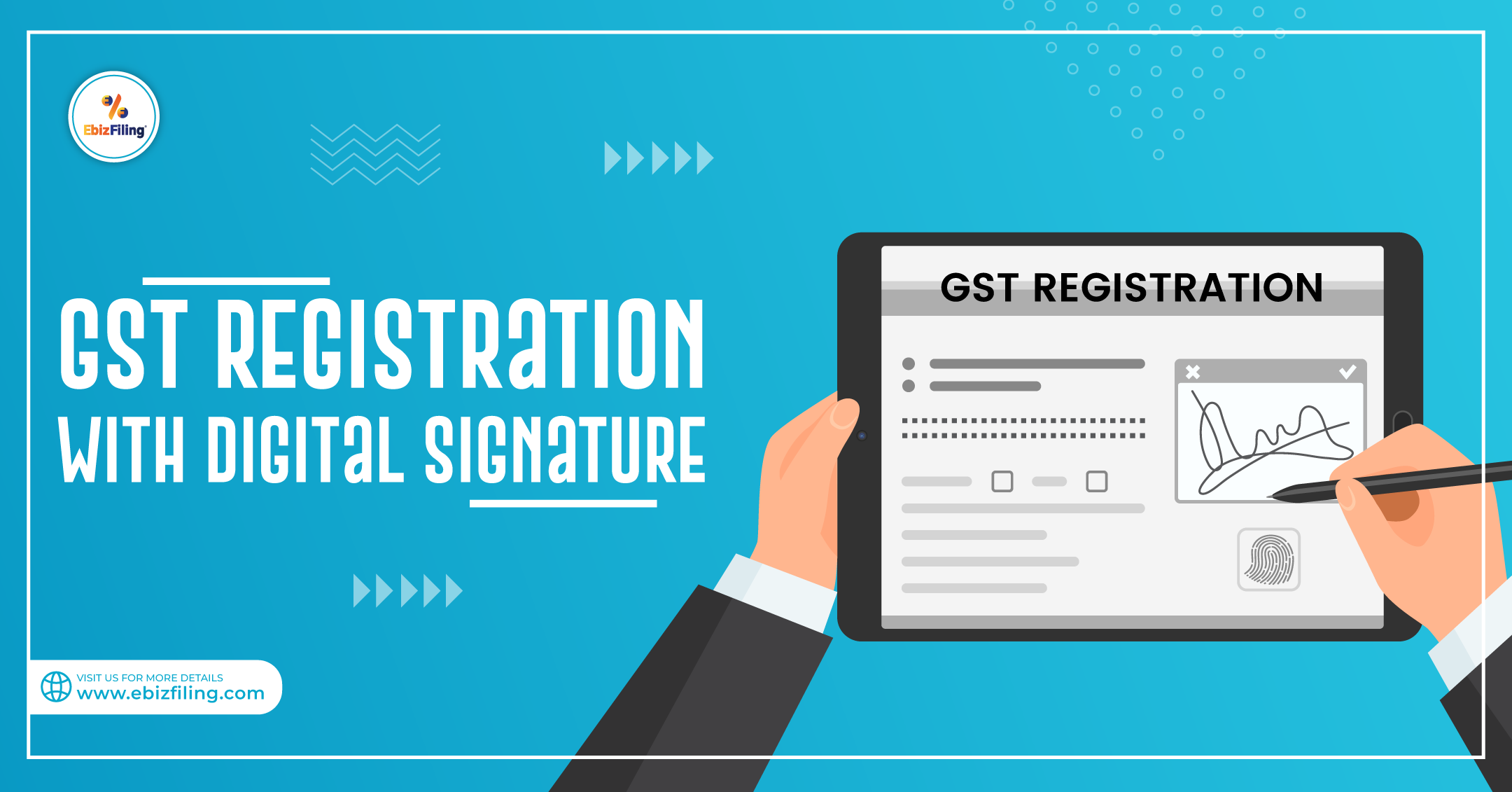Leading Tips for a Smooth Singapore GST Registration Experience
Leading Tips for a Smooth Singapore GST Registration Experience
Blog Article
Navigating the Intricacies of GST Registration: Expert Tips and Finest Practices for Smoother Conformity
From analyzing registration demands to utilizing technological devices for structured processes, the trip towards smoother GST compliance is diverse and nuanced. Remain tuned to discover important techniques and understandings that can assist services guide via the intricacies of GST enrollment with finesse and confidence.
Understanding GST Registration Demands

In addition to turn over thresholds, organizations taking part in interstate sales or providing taxable services may also be required to register for GST, also if their turnover is listed below the recommended limitation (Singapore GST Registration). Understanding these limits and needs is crucial to stay clear of fines and make certain smooth operations within the lawful framework
Additionally, companies need to gather and prepare the essential documents, such as evidence of identity, address, company consolidation, and savings account information, before starting the GST enrollment process. Falling short to offer exact information or meet the registration target dates can cause penalties or various other lawful effects. Services must stay informed about the certain GST registration needs relevant to their procedures to preserve compliance and prevent possible concerns.
Organizing Important Documents
Businesses beginning on the GST registration procedure must thoroughly put together and organize the crucial documents needed for submission. The essential records usually needed for GST registration include proof of service registration or address, consolidation and identification evidence of the business owners or companions, checking account information, proof of primary business, and consent forms. Making sure that these documents are easily offered and organized can improve the registration process and prevent hold-ups or beings rejected.
To efficiently arrange necessary paperwork, companies should produce a central system for saving and classifying the called for documentation (Singapore GST Registration). Using digital storage space solutions can help keep simple access and make certain that documents are safely kept. In addition, developing a list of all essential documents can work as a practical tool to track what has actually been collected and what is still required for submission

Leveraging Innovation for Performance
Enhancing operational performance through technological combination is extremely important for contemporary companies browsing the complexities of GST registration. One of the vital means technology can help in GST enrollment is with the use of automated software solutions.
In addition, technology can help with seamless communication with tax authorities. On the internet websites and communication tools enable services to submit papers, solve inquiries, and get updates in an extra efficient way. This not only speeds up the registration procedure but likewise helps in preserving reliable and transparent interaction with the appropriate authorities.
Moreover, cloud-based storage space solutions offer a secure system for organizations to shop and access their monetary data, making certain conformity with GST record-keeping demands. By centralizing information storage space and automating procedures, organizations can improve their general performance and precision in GST enrollment procedures.
Proactive Conformity Tracking

To make sure effective aggressive conformity monitoring, companies ought to establish durable interior controls, conduct regular audits, and take advantage of automation tools for real-time monitoring of GST purchases. Regular training sessions for employees on GST compliance needs can also help in creating a culture of conformity within the company. In addition, engaging with tax experts or professionals can supply valuable insights and advice on navigating complex GST guidelines.
Engaging With Expert Professionals
Involving experienced tax specialists can significantly boost a Our site firm's understanding and compliance with complex GST regulations. Professional professionals bring a wide range of knowledge and experience to the table, aiding services navigate the complexities of GST enrollment with simplicity. By leveraging their experience, firms can make sure exact filings, reduce the risk of errors, and stay up-to-date with the most recent governing changes.
When involving with professional consultants, it is vital to pick experts with a solid performance history in GST conformity (Singapore GST Registration). Search for professionals who have a deep understanding of the appropriate regulations and laws, along with experience dealing with services in your sector. Effective interaction is type in this partnership, so make certain to plainly define your expectations and develop regular touchpoints to discuss progress and address any type of issues
Additionally, specialist professionals can provide valuable understandings and guidance on maximizing your tax obligation technique, recognizing prospective cost-saving chances, and enhancing your conformity processes. On the whole, purchasing professional working as a consultant solutions can go a lengthy means in making sure smoother GST compliance and staying clear of expensive blunders.
Conclusion
To conclude, navigating the intricacies of GST registration requires an extensive understanding of the demands, organization of have a peek at these guys necessary documents, leveraging technology for effectiveness, aggressive conformity monitoring, and involvement with expert specialists. By adhering to these best practices, organizations can guarantee smoother conformity with GST guidelines and prevent possible charges or penalties. It is necessary to remain educated, aggressive, and thorough in handling GST registration to preserve conformity and promote economic stability.
To make certain compliance with tax policies, businesses have to extensively comprehend the complex demands for GST registration. Item and Solutions Tax (GST) is a value-added tax imposed on many goods and services in a country, making it critical for organizations to sign up for GST to prevent lawful repercussions.Moreover, businesses must gather and prepare the needed documents, such as evidence of identification, address, service consolidation, and bank account details, before initiating the GST enrollment process. Services ought to stay notified concerning the specific GST registration needs relevant to their operations click to read more to preserve conformity and stay clear of possible concerns.
The key documents usually required for GST registration consist of proof of business enrollment or identity, address and consolidation proofs of the organization owners or partners, financial institution account details, evidence of principal location of service, and permission types.
Report this page